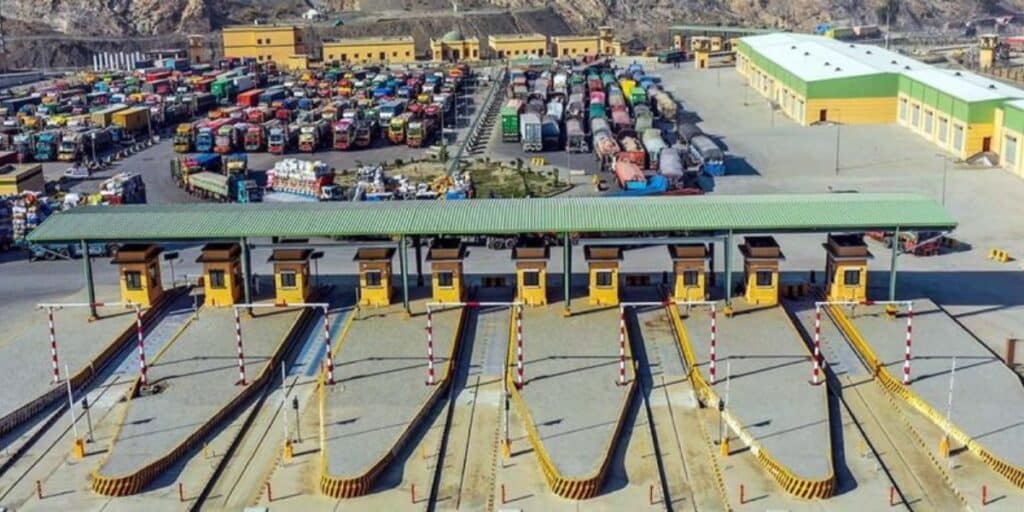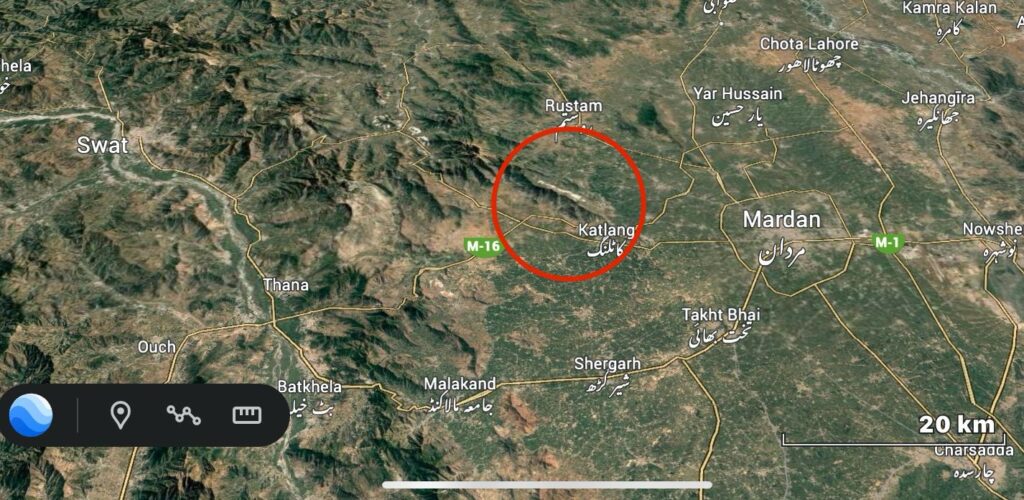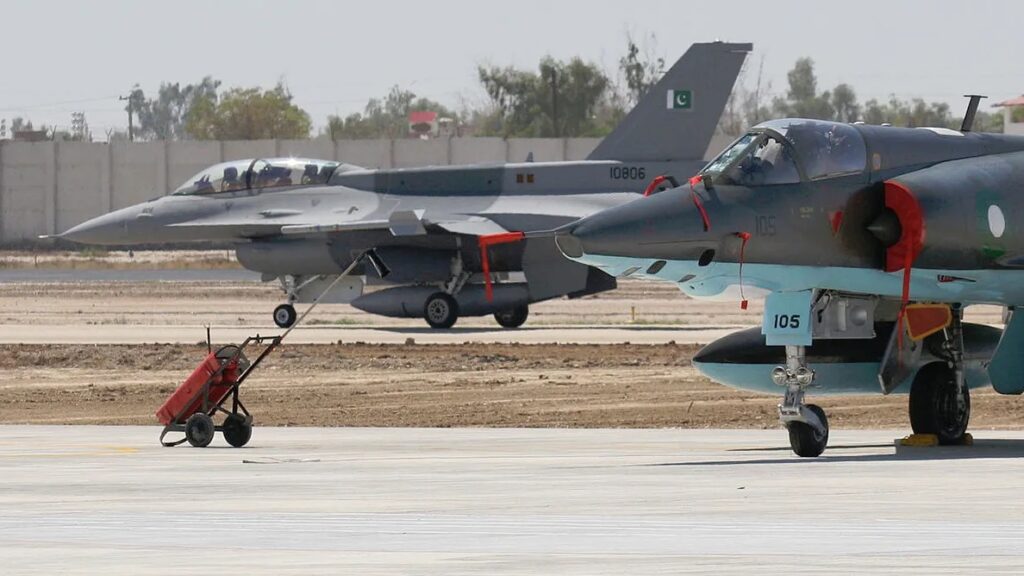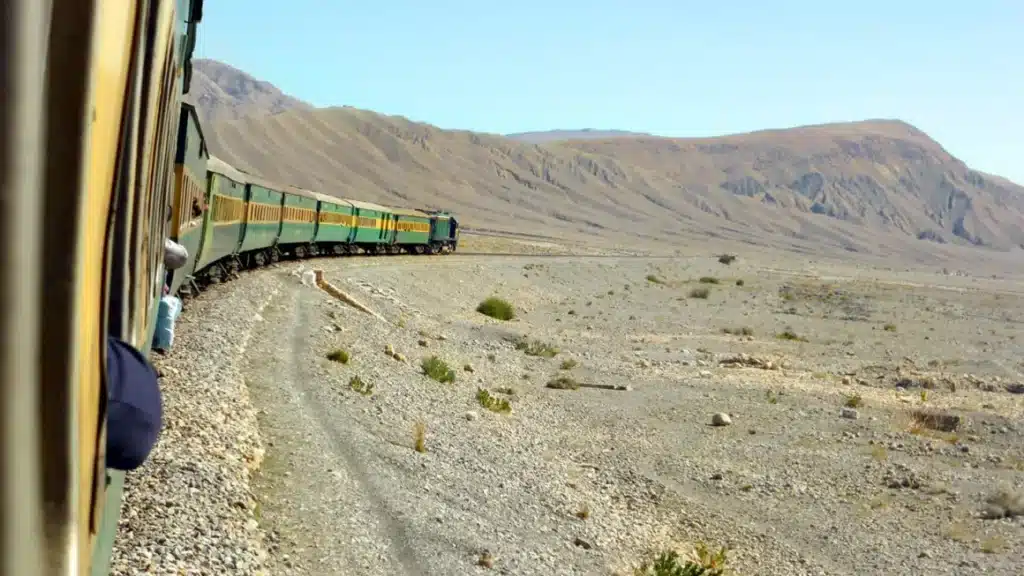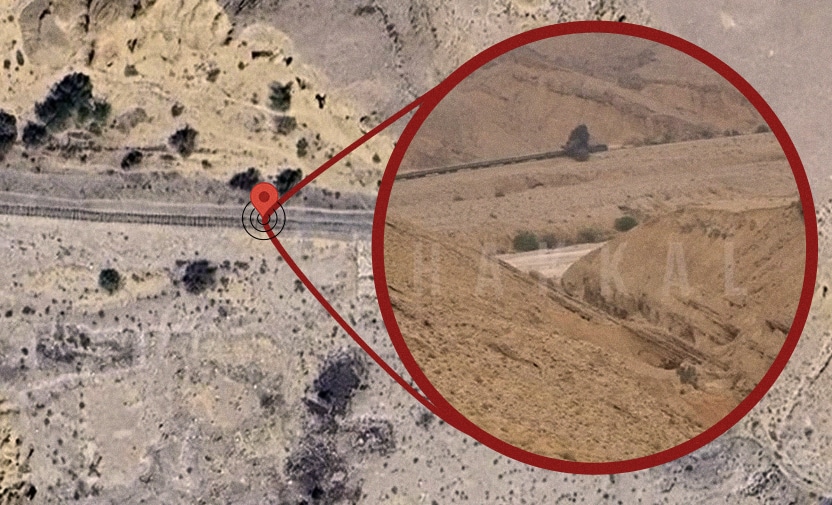South Waziristan: The National Logistics Corporation (NLC) has successfully completed the construction of a state-of-the-art border terminal at Angoor Adda in South Waziristan, fulfilling a long-standing demand of the local tribes.
Remarkably, the project was completed in a record period of just 30 days, despite the challenging terrain and lack of basic infrastructure in the area.
The newly established Angoor Adda Border Terminal is equipped with modern infrastructure and digital systems, designed to bring ease to the lives of local residents while also contributing significantly to the region’s economic growth.
The terminal houses offices for Customs, FIA, Plant Protection, and other key departments, along with residential facilities for staff.
For this project, NLC engaged local skilled workers, creating short-term employment and boosting the local economy.
With the completion of this terminal, local products can now be exported to Afghanistan and neighboring countries through shorter and more convenient routes, providing new economic opportunities for the people of South Waziristan.
The terminal is expected not only to strengthen the local economy but also to enhance the overall social and economic development of the region.
Establishing modern border terminals in Balochistan—similar to the Angoor Adda terminal in South Waziristan—holds significant potential.
Balochistan shares extensive borders with Iran and Afghanistan, where cross-border trade is already a major source of livelihood for local populations.
Properly structured terminals equipped with customs, FIA, plant protection, banking, and digital infrastructure could formalize trade that is currently happening through informal channels.
This would reduce illegal smuggling, enhance government revenue through regulated trade, and ensure greater security monitoring at sensitive border points.
Moreover, such terminals would provide economic relief to border communities in areas like Chaman, Taftan, Panjgur, Mand, and Gwadar, where unemployment and poverty are pressing challenges.
Local produce, livestock, and mineral resources could find safer and quicker access to international markets, encouraging regional economic growth.
However, feasibility also depends on resolving security concerns, improving road connectivity, and ensuring that local communities benefit directly from trade opportunities rather than being marginalized.
ALSO READ: Debate over border mechanism trade in Balochistan Assembly
If implemented with transparency and community involvement, border terminals in Balochistan could transform the province into a hub of legal, structured, and sustainable cross-border commerce.

